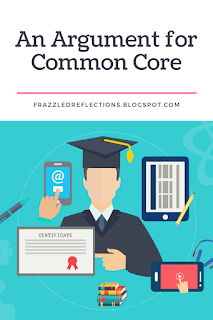A Book Review - Insurgent
It's difficult when I start a trilogy and I am not "in love" with the first book, especially when there are enough unanswered questions that I want the answers to. I feel the need to go on to the next book. I want to know the answers despite my initial lack of full personal investment. I enjoyed Divergent. It was a decent book by YA lit standards and it had some good points going for it, which I laid out in my first review. That being said, I was still a little hesitant about venturing into Roth's second book in the series, Insurgent.
I exited Insurgent pleasantly surprised. I wasn't sure what to expect. The extensive exposition in Divergent related to the budding romance between Tobias and Tris prepared me for more of the same. Instead the book moved past the unnecessary sexual tension between the two teenagers and moved into the story of a utopia falling to pieces around them. Those who escaped the Dauntless/Erudite-led attack on the Abnegation sector are now trying to figure out their next move. What follows in the rest of the novel is a fast-paced build up to war/rebellion. Roth slowly reveals the purpose of the novel as Tris discovers more about herself as a Divergent, the underground factionless are discovered to have a larger than normal Divergent population as well as numbers that can easily defeat individual or even multiple factions, and the purpose for the society as it was presented from the beginning of Divergent is revealed in the final pages of the novel.
Insurgent shows just how dangerous it can be to put people into narrow categories and leave them there, forcing them to emphasize their strengths, suppress their weaknesses, and conform to the standard norm for the common good. I see this too much as a teacher in a education system that is designed for a society that doesn't exist anymore. We offer kids on the low end all the help they need, push kids on the high end to be super-successful (although I would argue that it is not always to their benefit), and those in the middle, the "average" kids, get ignored because they don't have enough problems to "need" help and they aren't considered smart enough to be pushed into accelerated classes. We push kids at younger and younger ages to excel in specific activities, often forgetting that they are just kids and they need time to figure out what they not only are good at, but what they WANT to do. Just because a person displays aptitude in a certain area does not mean that should be their lifelong focus. Being a well-rounded individual is important to a healthy person-hood and society.
There are many questions left unanswered at the end of the novel, and so I have eagerly started reading Allegiant, hopeful that it does not disappoint as Mockingjay did after the fast-paced Catching Fire. Discovery of purpose has made this English teacher far more tolerant of the potential flaws and I will wrap of the series with my final review in a couple weeks.



Comments
Post a Comment